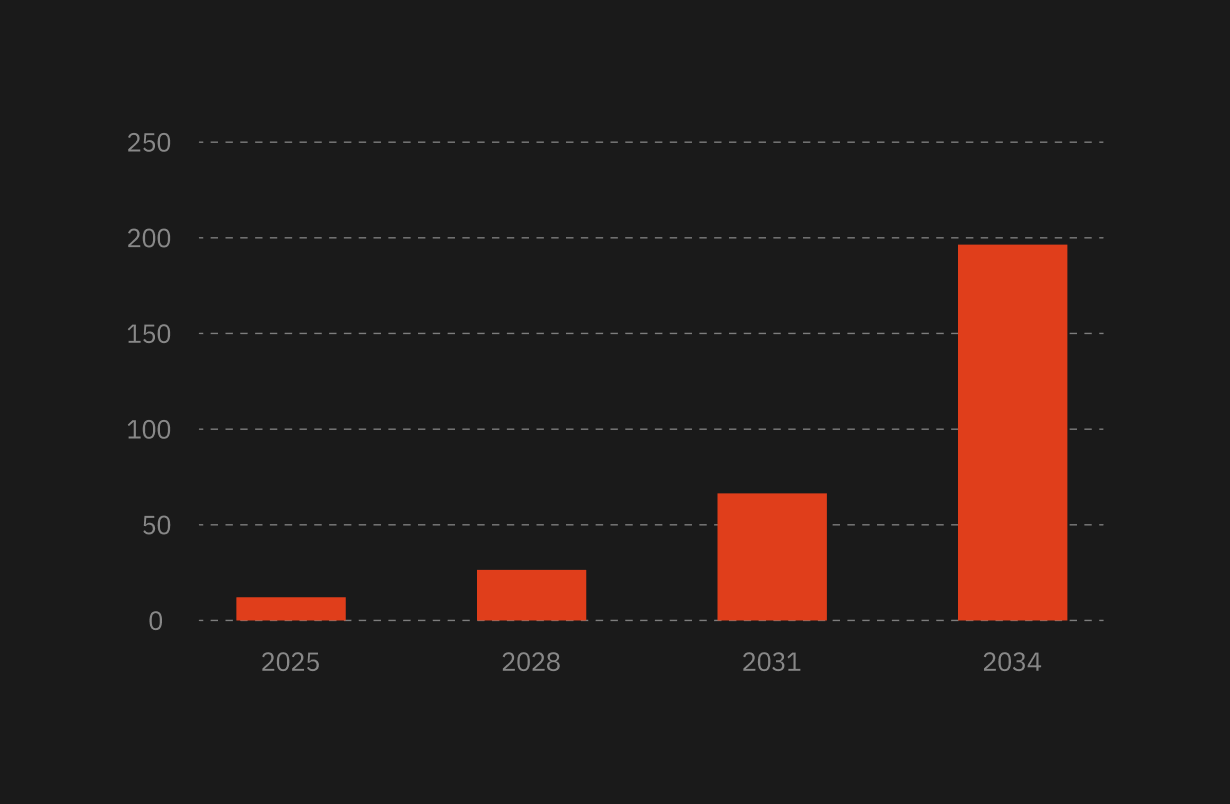In an age where the digital world knows no bounds, the allure of tapping into China's vast market potential beckons enterprises worldwide. The remarkable technological prowess of China presents an enticing prospect, yet it comes with a complex web of regulations and infrastructure intricacies that require a strategic approach for seamless integration.
In this article, Viacheslav Kompaniets, our Director of Infrastructure & Operations, unfolds the captivating journey of a company leveraging Amazon Web Services (AWS) to enter China's dynamic market. However, beneath the surface lay a mix of challenges and insights that pave the way for an expansion.
Challenges Unveiled: Beyond the Facade of Simplicity
While integrating AWS into the growing Chinese market may seem straightforward, it was far from it. Several complexities created challenges to overcome.
Key considerations included the availability of required services within supported regions, the vital Internet Content Provider (ICP) registration, and the impact of connection speed—three critical factors that could make or break success.
The challenge of connection speed, primarily affecting external traffic, was a recurring theme. Despite initial confidence, thanks to requisite licenses and an established AWS account, a deeper analysis revealed the need for a strategic approach to overcome these complexities.
Emerging Insights: The Imperative of Preparation
A few critical complexities arise while navigating China's digital landscape:
- Obtaining an ICP license
- AWS China vs. AWS Global differences
- Service availabilities
- Connection speed challenges
- Resource scarcity
- Tooling compatibility
- Content delivery

The ICP License: Gateway to China's Digital Frontier
Creating a new AWS account in China differs significantly from its global counterpart. Qualifying as a legal entity or an individual with Chinese citizenship is a prerequisite for account registration. Additionally, obtaining an Internet Content Provider (ICP) license is mandatory for posting or uploading content. Acquiring an ICP license involves providing detailed ownership information, including domain names, IP addresses, site content, purposes, and a designated security contact person.

It's essential to note that only individuals or legal entities physically located and registered within China are eligible to obtain this license, making it unavailable to foreign entities.
AWS Global vs. AWS China: A Dichotomy of Services
AWS Global and AWS China operate independently without interconnection or shared resources. Unlike its global counterpart, AWS in China follows a unique structure. For instance, the domain for AWS China is https://console.amazonaws.cn/, which is distinct from the global https://console.aws.amazon.com/.
Certain functionalities, such as managing organizations, achieving consolidated billing, implementing IAM cross-account functionality, and replication, are not feasible between Global and China accounts.
Navigating Service Availability and Limitations
Service availability may differ between regions. It's crucial to consider that even if a service is available in China, its functionality may differ from its global counterpart. For instance, CloudFront in China lacks support for ACM certificates and designated distribution.
As a result, document the intended use of desired services to confirm availability and understand possible limitations.
Unraveling the Conundrum of Connection Speed
The sluggish connection speed primarily affects external traffic, while operations within China proceed without hindrance. This distinction is crucial because our product was tailored for users within this region, making them immune to this issue. However, this localized concern created complications for our developers and infrastructure engineers in the United States and Ukraine. The repercussions affected various facets, including infrastructure deployment, management, assembly, monitoring, and CI/CD processes.
Additionally, connection speed is notably contingent on the time of day, with the most challenging period spanning from 03:30 p.m. to 10:00 p.m. UTC.

As a result, we avoided deployment activities toward the end of the day.
The Confluence of Resource Scarcity and the Great Firewall
Challenges extend beyond connection speed and stability, including the unavailability of specific resources, primarily due to limitations imposed by Internet service providers and the Great China Firewall. These hurdles include the unavailability of specific Docker Hub resources, inaccessibility of Google Container Registry, and difficulties accessing specific npm or Python repositories.
We made it work by judiciously selecting mirrors and assembling custom registries when needed.
Tools, Compatibility, and Adaptability
Tools might not seamlessly align with the Chinese region. It's crucial to scrutinize the compatibility of tools and adapt them to the region's unique requirements.
Mastering Content Delivery Networks (CDNs) for Optimized Performance
Due to the slow connection speed, embracing a Content Delivery Network (CDN) can significantly improve performance, primarily when operating beyond the country's borders.
AliCDN from AliCloud is a relatively large and well-known cloud provider in the Asian region. AliCDN has a more extensive server network in Eastern countries and provides better service than other cloud providers.
If you decide to leverage a Content Delivery Network, consider AliCDN as a provider.
Succeed with AWS China
Successfully navigating China's digital landscape requires a strategic approach:
1. Establish an AWS China account and secure an ICP license.
2. Recognize the distinctions between AWS Global and AWS China.
3. Thoroughly assess service availability and limitations.
4. Factor in additional time due to potentially sluggish connections.
5. Verify the availability of all requisite resources.
6. Ensure the compatibility and functionality of your tools within the Chinese region.
These strategies will prove invaluable in navigating the complexities behind the Great Firewall.



.jpg)
.jpg)


.png)
.jpg)
.webp)
.jpg)
.jpg)






